WADA Vice President Yang Says Doping Fight Is on Way Back to Normal

China's former short-track speed-skater Yang Yang speaks after being elected as the vice president of the World Anti-Doping Agency (WADA) in Katowice, Poland, Nov. 7, 2019. [Xinhua/Zhou Nan]
WADA vice president Yang Yang said the global fight against doping is striving to go back to normal as the COVID-19 pandemic eases in some places.
BEIJING, June 9 (Xinhua) — World Anti-Doping Agency (WADA) vice president Yang Yang said the global fight against doping is striving to go back to normal as the COVID-19 pandemic eases in some places.
Suspension of sporting events and travel restrictions affected the conduct of doping tests. However, Yang said, as the situation eases in some of the countries and regions, the anti-doping fight is going back to normal.
"Public safety is WADA's top priority, while we are also protecting the integrity of doping control programs," said the former winter Olympic champion.
"Doping tests are conducted again in places where the pandemic is under control. At the same time, WADA has been in constant communications with anti-doping agencies around the world and athletes through various channels to answer their questions and give instructions."
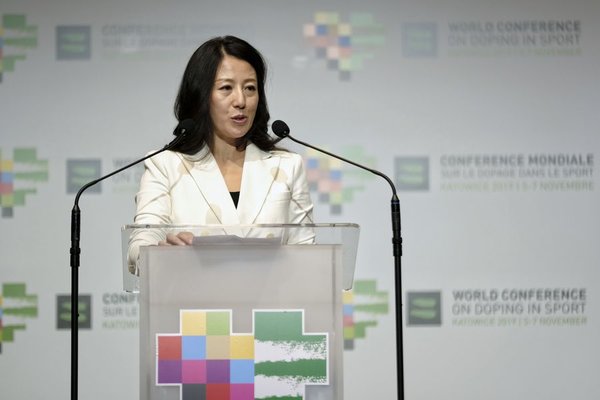
China's former short-track speed-skater Yang Yang speaks during the closing ceremony of the World Conference on Doping in Sport in Katowice, Poland, Nov. 7, 2019. [Xinhua/Zhou Nan]
Yang said the pandemic posed as a challenge for the fight against doping but she believed most athletes wanted to compete clean and always will.
"Doping usually happens while athletes are in intensive training. Lack of training during the pandemic lowers the possibility of cheating. Besides, anti-doping education also tells them a lot in the importance of being clean in sports," she said.
Yang then added that whereabouts report continues despite the coronavirus outbreak to allow doping control officials to carry out tests once it is possible. In addition, testing authorities have been told to focus more on athletes from high risk sports. And the Athlete Biological Passport will also help the test in the coming weeks and months.
For those who have been banned for doping, the postponement of the Tokyo Olympic Games could be a chance for them to compete at the Olympics as some of them will see their doping bans end before the start of the Tokyo Games.
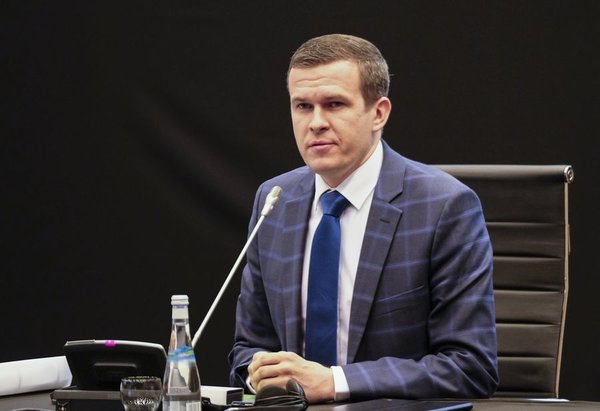
Poland's sprinter-turned Minister of Sport and Tourism Witold Banka speaks after being elected as the president of the World Anti-Doping Agency (WADA) in Katowice, Poland, Nov. 7, 2019. [Xinhua/Zhou Nan]
Although the International Olympic Committee (IOC) tried to exclude athletes convicted of doping from the subsequent Olympic Games, their effort was not supported by the Court of Arbitration for Sport (CAS).
Yang said, "New problems surface along with the Olympics being pushed back for the first time in history. But cheating athletes are banned for a specific time during which they are not allowed to compete. No athletes, nor anti-doping organizations change the length of the ban."
The WADA's Executive Committee (ExCo) held its second meeting of the year virtually on May 15. During the meeting, The ExCo heard from professor Ulrich Haas of the Department of Procedural and Private Law at the University of Zurich, Switzerland, regarding his expert legal assessment of the Rodchenkov Anti-Doping Act.
"While WADA supports governments using their legislative powers to combat doping, the ExCo confirmed its concerns about the extraterritorial component of the proposed bill. WADA remains committed to work in collaboration with the U.S. authorities to improve the bill," said the ExCo on WADA's official website.
The Act, named after former head of the Russian anti-doping laboratory Grigory Rodchenkov, has been passed by the House and waits for the approval of the Senate.
The Act would make doping conspiracies in international competitions, either participated by American athletes or sponsored by organizations doping businesses in the U.S. a criminal offense subjected to prison sentences of up to 10 years and fines up to one million U.S. dollars.
"In the past 20 years, world anti-doping fight led by WADA has seen a great progress. This comes from the close cooperation and great efforts of all our stakeholders and Signatories. Our partnership of the governments of all continents and the international sport is unique in the world," said Yang.
"WADA have played a crucial role in this practice. And we welcome strict rules or legislations to fight against doping - in sports and in the respective countries (and regions). China's top court also issues judicial interpretation on doping-related cases," she said. "
"With regards to the U.S. Rodchenkov Anti-Doping Act, WADA also welcome government using legislative way to protect clean athletes, and we fully support some parts of the Act. However WADA and some governments and sports federations have concerns that the extra-territoriality may make an impact to the ecosystem of anti-doping," she added.
(Source: Xinhua)
Please understand that womenofchina.cn,a non-profit, information-communication website, cannot reach every writer before using articles and images. For copyright issues, please contact us by emailing: website@womenofchina.cn. The articles published and opinions expressed on this website represent the opinions of writers and are not necessarily shared by womenofchina.cn.


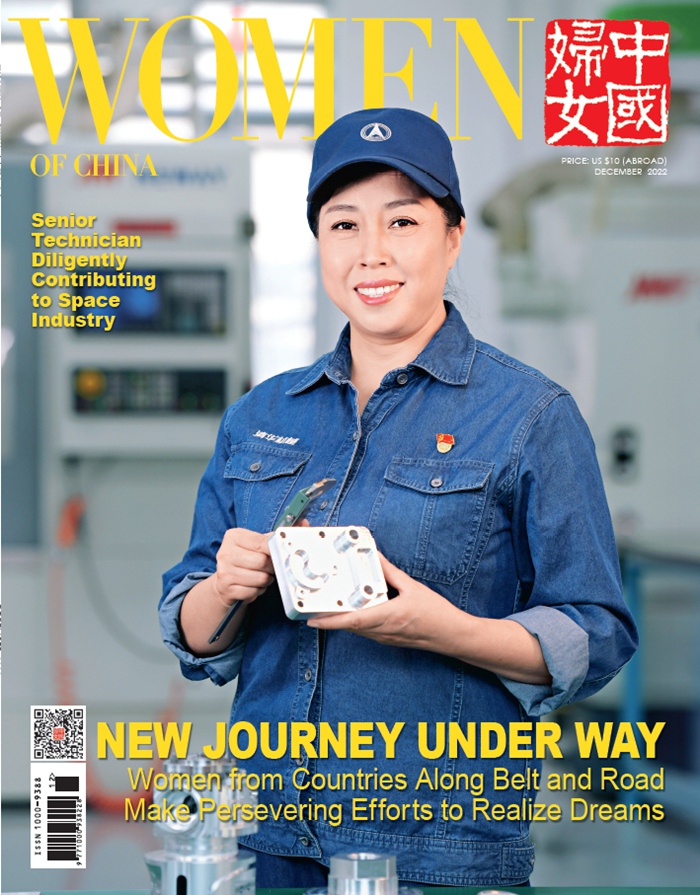

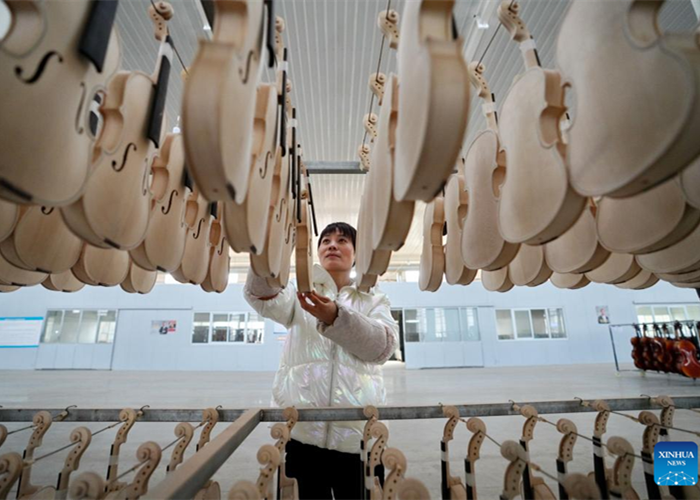
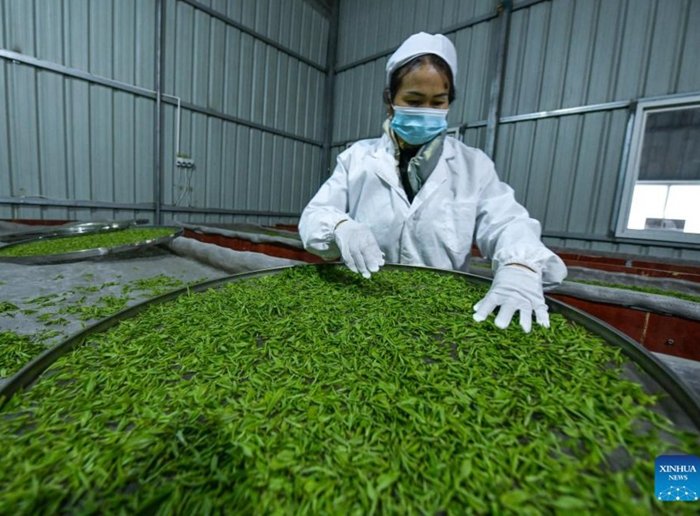


 WeChat
WeChat Weibo
Weibo 京公网安备 11010102004314号
京公网安备 11010102004314号